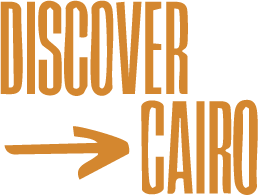- Eat & Drink
- Hotels & Stay
- What’s on
- Neighborhoods
- About
- Blog
- The top 10 shopping malls in Cairo
- Top 5 Indian Restaurant in Cairo
- Top 5 Egyptian Restaurant in Cairo
- Top 5 Japanese Restaurants in Cairo
- Top 5 Hotels luxury Hotels in Cairo: A Complete Guide to the Best Stays
- Top 5 Cheap Hotels in Cairo
- Top 5 Restaurants for a Perfect Brunch in Cairo
- Facilities and Transportation
- Top 5 Lebanese Restaurants in Cairo
- Attractions
- Cairo Transit
- Contact Us
- Retails and brands
